Pavarotti And Puccini: The Essential Operas
Pavarotti is principally associated with only a handful of composers and prime among them is Puccini – read our guide to their essential operas.
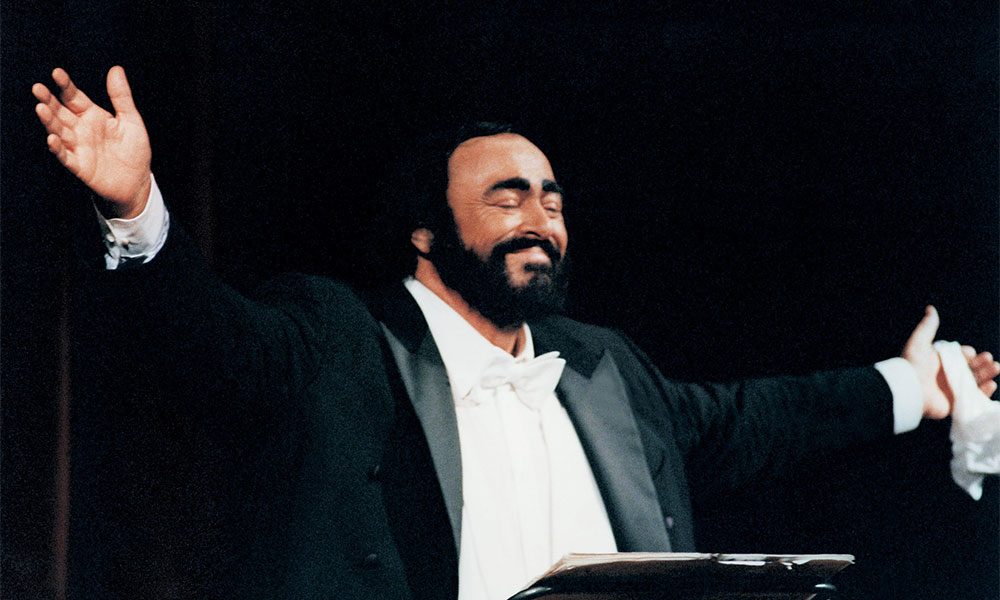
The unadulterated joy that shines out through every note. The soaring ease of those thrilling top Cs. The lust for life, the emotional directness… and that famous football tournament with its iconic rendition of ‘Nessun Dorma’. There are hundreds of reasons why Pavarotti was ranked among the greatest tenors of the twentieth century (and a few more why he was an easy target for satire too.) But the most important of these reasons lie in his recordings of complete operas, which are as exciting now as they were when first released. Pavarotti is principally associated with only a handful of composers, with whose work he felt a particular emotional and musical bond: and prime among them is Puccini, whose direct musical gestures and flair for drama perfectly suited the temperament of the big-hearted baker’s son from Modena.
Listen to Pavarotti: Music From The Motion Picture on Apple Music and Spotify.
Turandot
Pavarotti, Domingo, and Carreras singing ‘Nessun Dorma’ together during the 1990 World Cup was one of the iconic cultural highlights of the twentieth century, and it helped the first ‘Three Tenors’ recording become the best-selling classical album of all time. They’re obviously having a ball, and the sheer exuberance and freedom of their singing is miraculous and life-affirming. But look away now if you don’t want a damper: it’s a complete travesty. The aria shouldn’t be sung by a trio. It’s sung by a prince who believes the cold-hearted woman he loves will soon be his wife. And if you want to hear it performed with real dramatic passion and blazing emotion, you need listen no further than Pavarotti’s recording of the complete Puccini opera from which it comes: Turandot. Prince Calaf is a slightly heavier role than was usual with Pavarotti, but in the early 1970s, he was at the top of his game and found a tougher, steelier sound to bring the role to life. The rest of the ensemble is made up of ‘perfect storm’ casting of A-list superstars also in their prime. It doesn’t get much better.
Tosca
The role of the revolutionary firebrand painter Cavaradossi was perhaps the one most closely associated with Pavarotti out of all of Puccini’s operas. It’s not hard to hear why. Cavaradossi demands almost child-like naivety and convincing heroism, and these traits shine out of Pavarotti’s 1978 recording, made with his old friend Mirella Freni as Tosca. In the first big solo of the opera, ‘Recondita Armonia’ (‘Strange Harmony’), Cavaradossi muses on the picture he’s painting, which mingles elements both of his dark-haired lover Tosca and a blonde beauty whom he has seen from afar. Another unforgettable moment is the thrilling Act 2 cry ‘Vittoria! Vittoria!’ (‘Victory! Victory!’) in which the painter believes his enemy Scarpia is defeated. The most famous number, however, is ‘Lucevan Le Stelle’ in Act 3 when Cavaradossi, now facing execution for treason, recalls his happy life with Tosca, whom he believes he will never see again. Pavarotti chose the role of Cavaradossi for his farewell performances in several major opera houses: he was past his prime then, and is happily better remembered for this superb recording.
La Bohème
Another role that Pavarotti made his own was that of the ardent but callow young poet Rodolfo in Puccini’s opera La Bohème. Rodolfo falls head over heels for the quiet seamstress Mimì, but when he learns that she has tuberculosis, he fears that he will not be able to care for her and abandons her. When he finds her again, she is near death, and only then does he realize what he has lost. This recording from 1972 – which, like Tosca, co-starred his superstar friend Mirella Freni – shows Pavarotti at his absolute best. In the first aria for Rodolfo ‘Sono Poeta’ (‘I Am A Poet’), he’s enthusiastic and dreamy, but by the final duet, he’s plaintive and remorseful. Gramophone magazine said, “It was perhaps the best thing Pavarotti has ever done,” and few would disagree.
Madama Butterfly
Puccini was somewhat cruel to his tenor in this opera. Not only is Pinkerton the most unsympathetic ‘hero’ of any of his operas, but he only gets one aria as well (‘Addio, Fiorito Asil’ ‘Farewell, Flowery Refuge’). Having said that, Puccini compensates with the most extended and ravishing love-duet of any of his works (beginning ‘Bimba, Bimba, Non Piangere’ ‘Do Not Cry, My Child’), and in this 1974 recording, Pavarotti and Mirella Freni give it everything they’ve got. It’s as if the exact moment of falling in love is suspended over twenty minutes, and time has stopped. After this declaration, Pinkerton abandons poor Butterfly and only returns three years later to try and steal their child. Sometimes the role gets booed at the curtain call in opera houses, simply because Pinkerton is so unfeeling and cruel: but I doubt anyone booed when Pavarotti sang it with such convincing beauty as he did here.
Manon Lescaut
The earliest of Puccini’s operas which is still regularly performed, Manon Lescaut, offers some terrific moments for the tenor to shine. Although Pavarotti’s voice had darkened a little by the time of this recording (1993), and he had lost a fraction of his ability to float high notes with delicacy, he does a superb job conveying the whole-hearted love and desperation of a young nobleman who falls for a captivating but flighty and selfish beauty. The final scene, in which Manon dies of thirst while trying to cross a vast, dry American plain with her lover, shows both Pavarotti and Freni turning the tragedy dial up to eleven.
Pavarotti: Music From The Motion Picture is out now.


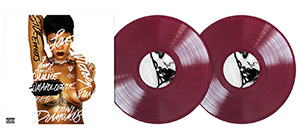
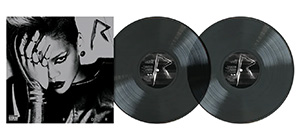
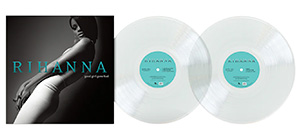



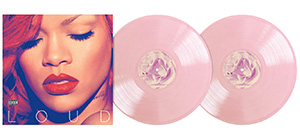
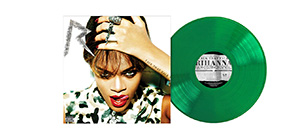
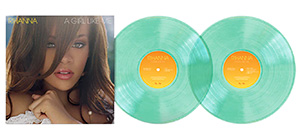
Eva Kovacs
May 25, 2020 at 12:28 am
To comment on the remarks made in the introduction to these recording, it must be said that only a small part of who and what Pavarrotti’s was is expressed, and all in the context of the Opera world and its leaders who expect soomething more from the opera stars than singing: perhaps they expect them to build, or highlight opera history, with a “wrap of certain type of operas, and presenting more forgotten operas, or taking on Wagnerian and other “heavy”notes. A little bit of a snobbish attitude highlights these comments. Pavarotti’s amazing voice had not only range, but it always had a touch of a steely quaility, such as the sound of a mandolin string, and his voice had color, not only in the upper ranges, but amazingly so, and beautifully, when he came down to lower ranges, when a lot of singers’ voices become a bit muted, or shaded, or mixed with a bit of low-sounding strain. This is true of some sopranos, too. Then the way he enunciated and formed his words added to the shape and sound of the music and the words. What he did was reach the heart of people, coming from his own feelings experienced as he sang on stage. He was a great artist and for a lot of people the greates voice and performer of opera in these times.It is almost a desecration to have him so unappreciated. He sang what he most loved and was attuned to. He did introduce a lot of people to opera, or at least to some appreciation of it. What he did for charity is another thing, and that is entirely commendable. He is just a little above some other tenors. Caruso was a recording great, too, and in his time was popular because he too introduced opera to many people in many places in the world. Music is its own world, and that world is always changing. Pavarotti did not indulge in modern opera. Thank goodness. His consorting with rock stars, etc. was for charity purposes. This man had nothing of pretentiousness and self-grandeur about himself or opera. He said what opera is, hate, love, death, and this was encapsulated perfectly. Opera became part of a very high level culture over time, but it was not necessarily meant to be that way. It became “privatized” by those of a higher social class, much like Shakespeare’s plays.But it is much more perfect instrument,a highly cathartic one, than other music, popular music, or musicals of today.That was its original draw, and it still is, along with the visual spectacle. Please descend from that high throne that has cast opera so high into the heavens.